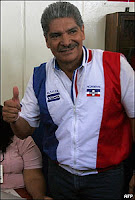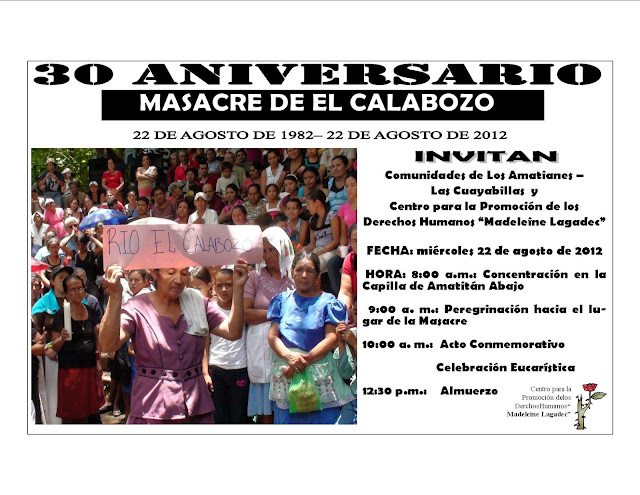Looking back at the constitutional crisis
El Salvador's constitutional crisis is officially over. The National Assembly has re-elected the magistrates to the classes of 2006 and 2012. The four judges of the constitutional chamber including Belarmino Jaime continue with their roles set out in El Salvador's constitution. The Supreme Court has a new President, Salomón Padilla. What are the lessons of this protracted crisis? A victory for constitutional order . The resolution of the crisis represented a vindication for the Constitutional Chamber. The National Assembly and President Funes were forced to re-elect magistrates to the Supreme Court in compliance with the rulings of the Constitutional Chamber. The politicians were forced to back down from their attempt to transfer Belarmino Jaime out of the Constitutional Chamber, a move the Chamber had ruled violated the constitution. Thus El Salvador moved a step forward toward having a societal consensus that the Supreme Court, and in parti...

